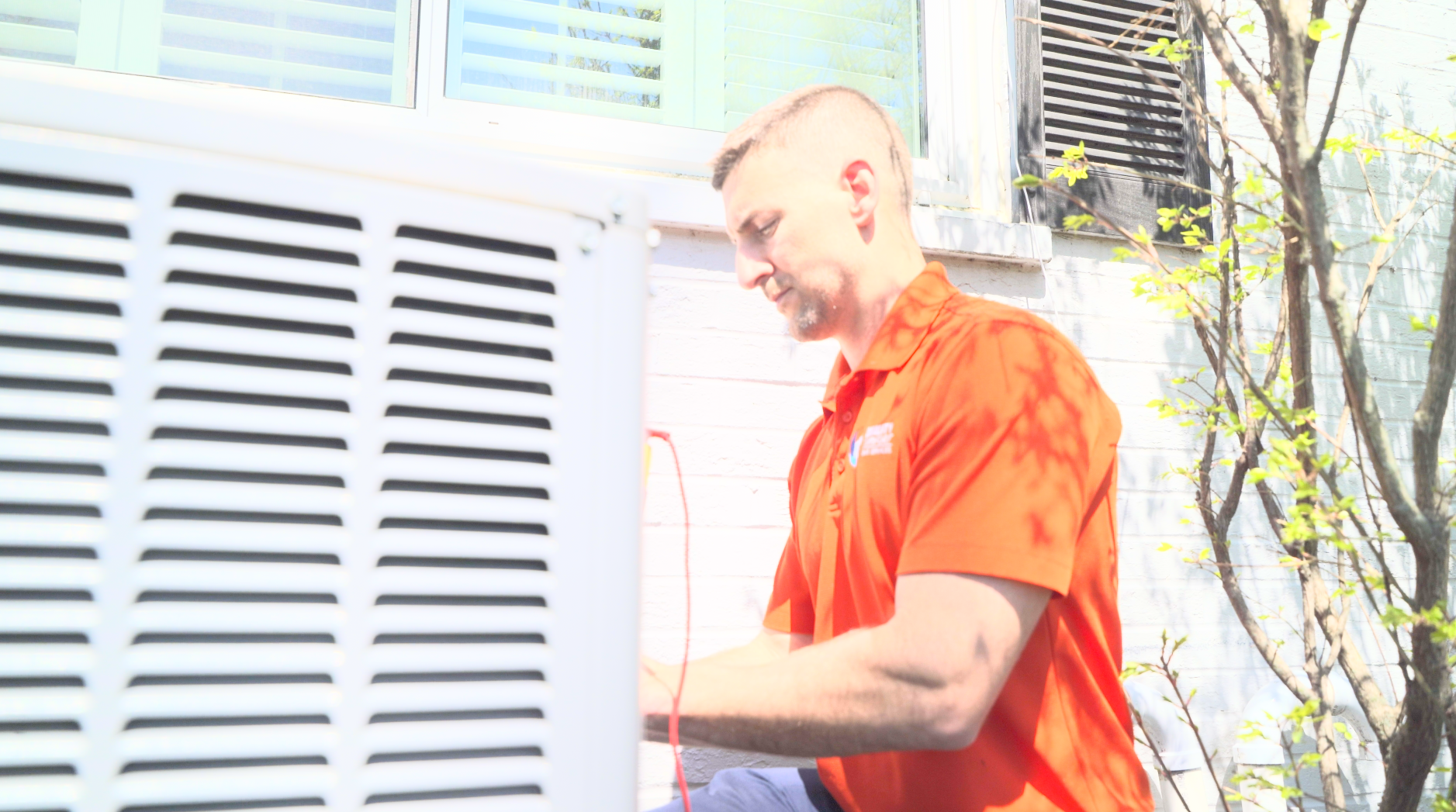Bad AC Capacitor? Here’s What You Need to Know
Your air conditioner is made up of several important parts working together to keep your home cool and comfortable. One of the most common parts to fail—especially during the heat of summer—is the capacitor. But what exactly is a capacitor, and how can you tell if it’s the source of your AC problems?
What Is a Capacitor in an Air Conditioner?
Think of the capacitor as the spark that helps start and run your air conditioner’s motors. Most central AC systems have two types of capacitors: a start capacitor, which gives the motor a boost to get going, and a run capacitor, which keeps it running efficiently. These components store and release electrical energy much like a battery, giving your AC the power it needs to do its job.
Without a working capacitor, key components like the compressor, blower motor, or outdoor fan motor may not start—or may shut down soon after starting.
Signs Your AC Capacitor Might Be Going Bad
Here are some common symptoms that could indicate your AC capacitor is failing or has already failed:
1. AC Takes a Long Time to Start
If your system hesitates or struggles to turn on, the capacitor may be struggling to deliver the initial jolt of power.
2. Warm Air Coming from Vents
When the capacitor isn’t working, the compressor may not be functioning properly, resulting in warm air instead of cool.
3. AC Randomly Shuts Off
A failing run capacitor might cause your unit to start and then shut off suddenly, often within a few minutes.
4. Humming Noise from the Outdoor Unit
If you hear a humming noise, especially when the fan isn’t spinning, the motor may be trying to run without the help of the capacitor.
5. Fan Not Spinning
If the outdoor unit’s fan isn’t spinning, try turning it manually with a stick (never your hand!). If it spins freely but doesn’t turn on its own, the capacitor could be the issue.
6. Rising Energy Bills
A capacitor on its way out can cause your system to work harder than it should, increasing your energy usage.
How Long Do AC Capacitors Last?
Capacitors generally last 5 to 10 years, but that can vary based on usage, temperature extremes, and the quality of the capacitor itself. In hotter climates or during heavy AC use, failure can happen sooner.
Can Your AC Run with a Bad Capacitor?
Short answer: No. At least, not for long.
If a capacitor goes bad, your AC may not start at all. In some cases, it might run inefficiently or intermittently, but it can cause further damage to the motors or compressor if left unchecked. Think of it like trying to drive a car with a dead battery.
Can a Capacitor Be Replaced?
Yes, capacitors can be replaced, and it’s one of the more common AC repairs. The process is relatively quick and inexpensive, but it’s not a DIY job unless you’re a trained HVAC technician. Capacitors carry electrical charges even when the power is off, which can be dangerous to handle without the proper tools and safety precautions.
Why Regular Air Conditioner Maintenance Matters
Routine maintenance can help identify capacitor issues before they cause a complete system breakdown. During a professional HVAC tune-up, technicians will test your capacitors and replace them if necessary, ensuring your air conditioner remains in peak condition.
Call Quality Comfort for AC Capacitor Repair
The capacitor might be a small component, but it plays a massive role in keeping your air conditioner running efficiently and reliably. If you’re experiencing issues with your air conditioning system, don’t overlook the capacitor as a potential cause. Regular maintenance and timely capacitor replacements can keep your home cool and your energy bills in check.
If you’re in the Cincinnati area and need professional HVAC assistance, Quality Comfort Home Services is here to help. Contact us today to schedule a tune-up or repair!




